
A lawyer weighs in on pharmaceutical corruption and involuntary psychiatric care.

A lawyer weighs in on pharmaceutical corruption and involuntary psychiatric care.

Does a computational approach to the mind pave the way for practicing a biopsychosocial psychiatry?
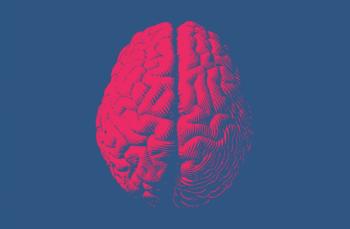
“This model challenges the idea that many neurodivergent individuals necessarily have neurological or cognitive pathologies, as well as the idea that neurotypicals are necessarily superior...”

Sami Timimi, MD, shares his thoughts on alienation and ADHD, and what role current systems of mental health play.

Wouter Kusters, PhD, uses his experiences with psychosis to better inform his philosophy. What can we learn from him?

What is the real-world clinical efficacy of SSRIs and other antidepressant medications compared to RCT placebos?

Is neurodivergence to be cured or is it a healthy part of our social ecology?

What can philosophy learn from madness?

How should the sociopolitical nature of PTSD as a diagnosis inform our understanding of trauma?

Travelling the middle road between skepticism and scientism in psychiatric research and treatment.

Is depression the same today as it was in the 17th century? Is it the same thing in Nigeria as it is in the United States? One of the foremost historians of psychiatry weighs in.

In this installment of Conversations in Critical Psychiatry, a former United Nations Special Rapporteur discusses the need for a change in the status quo of mental health care.
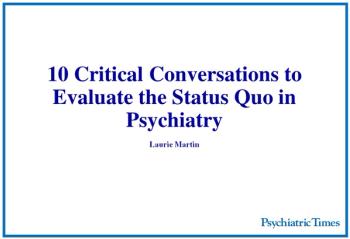
Noteworthy arguments that challenge the state of affairs in psychiatry.

In this conversation, a former APA president discusses mystical and meditative experiences, reconciling psychoanalysis and neuroscience, and tensions surrounding the medical model.

A lawyer discusses how the legal system treats (and mistreats) those with mental illnesses.

Patient perspectives in academic discourse in psychiatry have historically been a neglected area. What are some of the consequences and implications of this absence? How has this affected both psychiatry and those who have been excluded? These questions and more are discussed.

How can we ensure that our attributions of meaning are not simply instances of creative storytelling?

Are current systems of mental health care alienating children and adults from the meaning inherent in their own emotional difficulties?

The story of depression, through time and around the world.
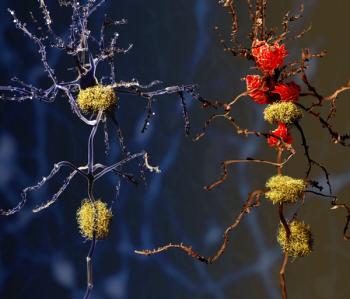
An interview with Kenneth S. Kendler, MD, vice-chair of the American Psychiatric Association DSM Steering Committee, author of more than 1200 articles, and one of the highest-cited researchers in psychiatry.

How can the best insights of mainstream and critical psychiatry be brought together?
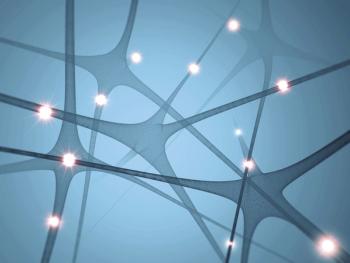
How can psychotherapy become a mature science?

In this interview with Dr Aftab, Dr Dawson discusses how the rise of managed care industry and associated business forces have led to a profound deterioration of psychiatric practice environment in the United States.
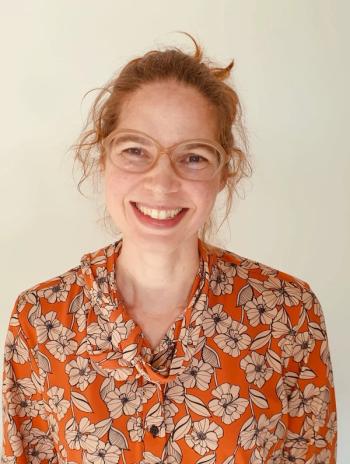
In this interview with Dr Aftab, Dr de Haan discusses her enactive approach to psychiatry which applies insights from enactivism to help conceptualize and navigate the immense complexity of factors that contribute to psychiatric disorders, and articulates the enactive view of psychiatric disorders as disorders of sense-making.

In this interview with Dr Aftab, Dr Nielsen discusses his approach to psychiatry which sees mental disorders as dysfunctions in the behavioral and experiential processes representing “sticky tendencies” in the human brain-body-environment system.
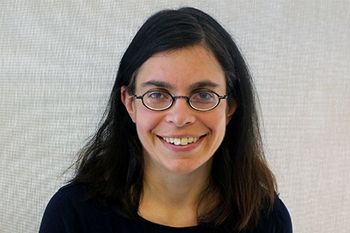
Having experienced psychosis herself, a psychologist wants us to rethink how we understand and treat this complex condition.
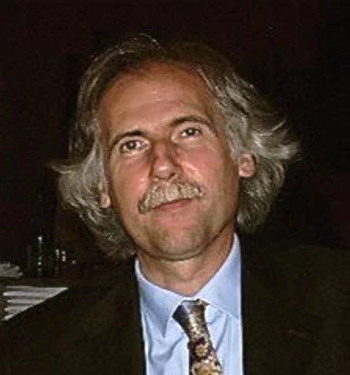
"It is simply wishful thinking to believe that one course of treatment may entail the solution to problems that we encounter in complex cases," says Dr Fava. Dr Aftab explores a multitude of issues in psychiatry and science in this interview.
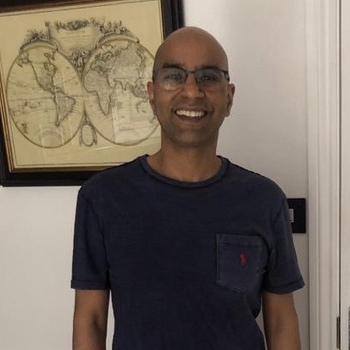
In this interview with Dr Aftab, Dr Huda discusses his views on the medical model in psychiatry, the misconceptions surrounding it, its strengths and limitations, and its relationship with other frameworks.

In this interview, Dr Aftab and Dr Johnstone discuss her criticisms of psychiatric diagnosis and her approach to psychological formulation as a conceptual alternative to diagnosis.
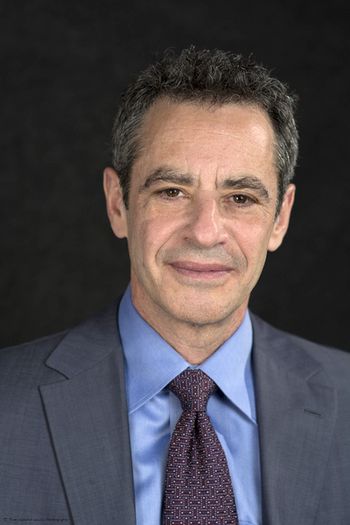
In this interview, Dr Aftab and Dr Shedler discuss the relationship between the psychoanalytic worldview and the medical model, and they reexamine the role of psychodynamic psychotherapy in contemporary psychiatry and psychology.